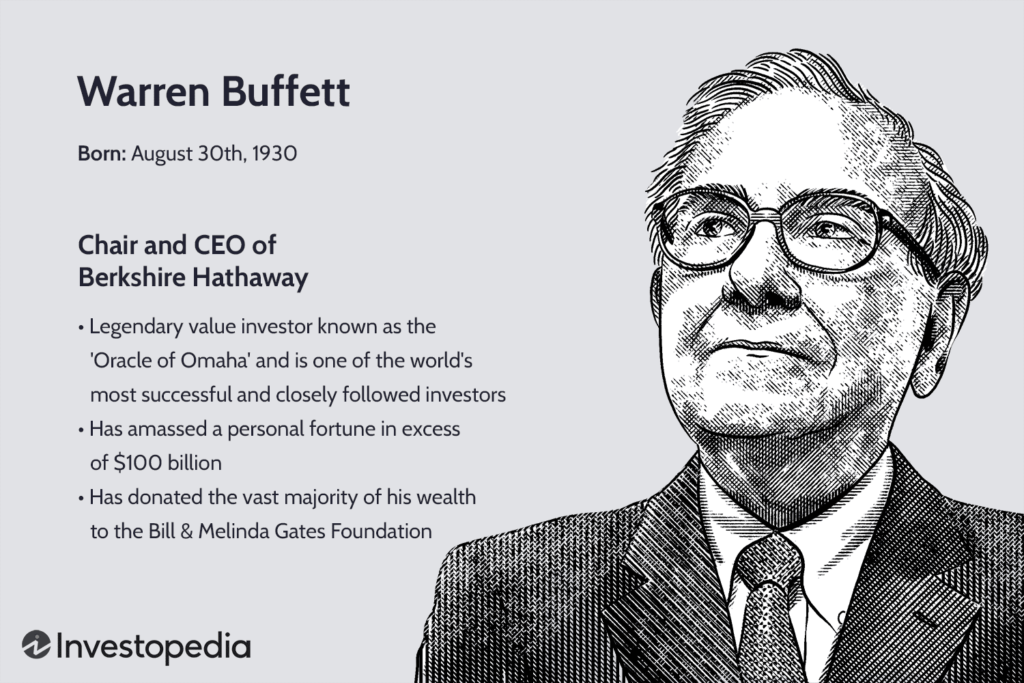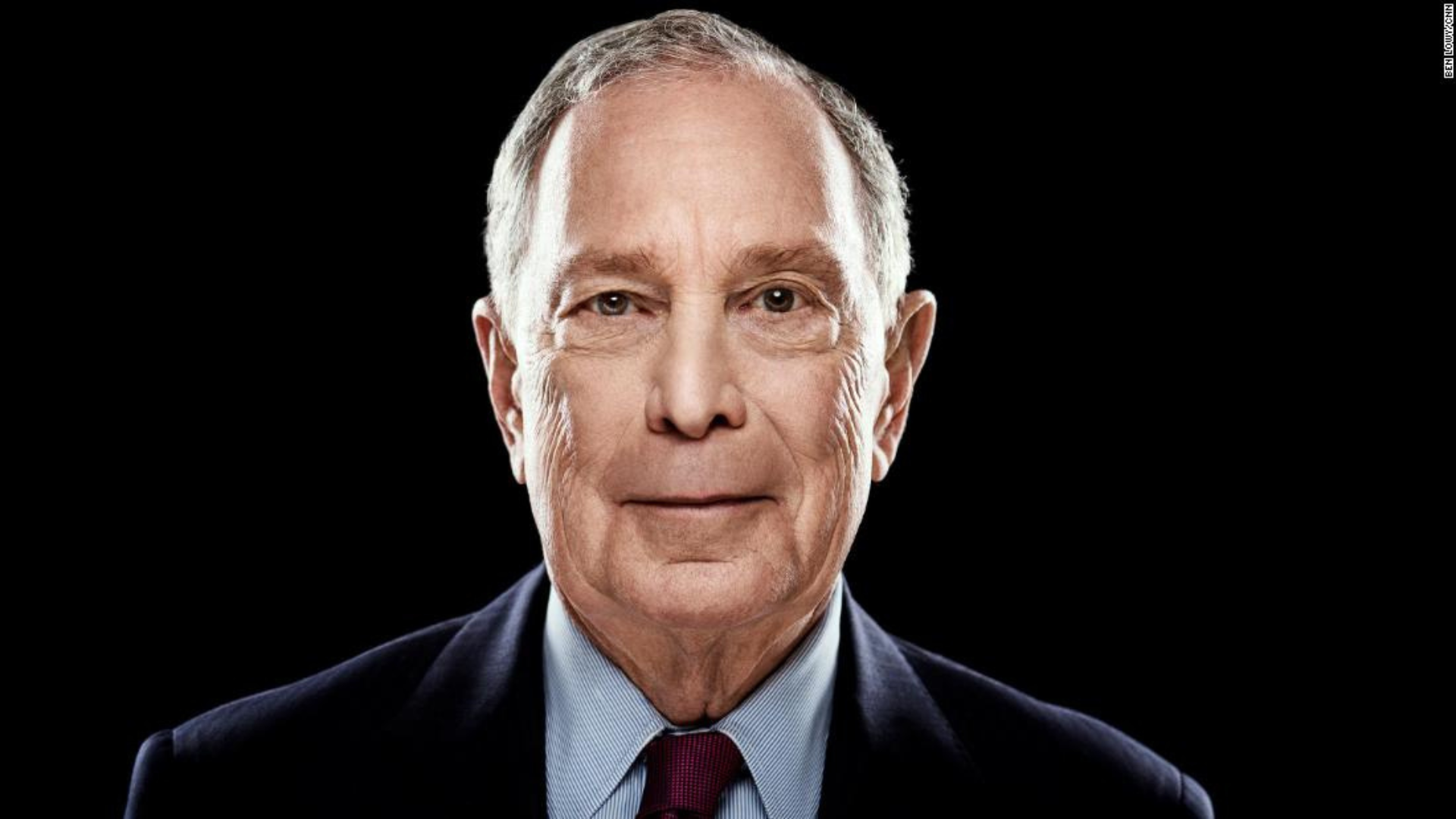Warren Buffett is widely regarded as one of the most successful billionaire in history, known for consistently outperforming the market and generating substantial wealth. His reputation stems from his astute investment decisions, long-term perspective, and ability to identify undervalued companies. In this article, we delve into Buffett’s time-tested strategies and principles that have not only contributed to his wealth but also inspired and guided countless investors worldwide.
Long-Term Investing Mindset
Buffett’s emphasis on patience and a long-term perspective underscores the significance of compounding returns in wealth creation. By holding quality investments for extended periods, he harnesses the power of compounding, allowing his investments to grow exponentially over time. This strategy aligns with his belief in letting time and the inherent value of solid businesses work in his favor, a principle that has been central to his remarkable success in the stock market. His ability to stay focused on long-term gains while avoiding short-term temptations has been a cornerstone of his investment philosophy.
Value Investing Principles
Warren Buffett emphasis on buying undervalued stocks with strong fundamentals reflects his value investing philosophy. This approach involves seeking companies trading below their intrinsic value, ensuring a margin of safety. Understanding the concept of margin of safety is crucial in value investing, as it provides a buffer against potential losses and allows for prudent risk management. These principles are fundamental to Buffett’s investment strategy, contributing significantly to his consistent success in the market. His ability to identify opportunities where the market undervalues a company’s true worth has been a key driver of his long-term wealth creation.
Focus on Quality Companies in Warren Buffett

Warren Buffett preference for companies with durable competitive advantages stems from his belief in long-term value creation. He values businesses with strong brands or low-cost production, as these factors contribute to sustainable profitability. Additionally, he meticulously evaluates management quality and corporate governance, considering factors like integrity, strategic vision, and shareholder alignment. These criteria are integral to Buffett’s investment decisions, ensuring he selects companies with strong leadership and sound governance practices. His focus on sustainable competitive advantages and effective management teams underscores his commitment to long-term investment success.
Consistent and Disciplined Investment Strategy
Warren Buffett disciplined approach involves staying true to his investment thesis, which is grounded in fundamental analysis and value investing principles. He avoids impulsive decisions by thoroughly researching and understanding companies before investing. In turbulent market conditions, he remains focused on his long-term vision, ignoring short-term fluctuations and maintaining confidence in his investment strategy. This steadfastness contributes to his consistent success over the years.
Continuous Learning and Adaptation
Warren Buffett’s lifelong commitment to learning is evident in his continuous study of market trends, economic indicators, and industry developments. He adapts to changing market dynamics by incorporating new insights into his investment strategies while staying grounded in his core principles of value investing, patience, and long-term thinking. This adaptability ensures that his investment approach remains relevant and effective over time, reflecting his enduring success in wealth creation. Additionally, he actively seeks out opportunities to learn from both successes and failures, further enhancing his investment acumen.
Patience in Market Volatility
Warren Buffett’s ability to remain calm during market fluctuations is a testament to his disciplined and rational approach to investing. He avoids emotional investing by staying focused on fundamental analysis, long-term value, and business fundamentals rather than short-term market movements. This patience and rationality are key to navigating volatile market environments and making informed investment decisions, contributing to his consistent success over the years.
Avoiding Speculation and Overleveraging

Warren Buffett conservative financial practices include avoiding speculative investments and excessive debt, which align with his long-term value investing philosophy. He emphasizes the risks associated with leverage and speculative trading, advocating for a prudent and cautious approach to wealth building. These lessons from Buffett underscore the importance of financial discipline and risk management in investment strategies, highlighting the need for investors to prioritize stability and sustainability over short-term gains.
Generous Philanthropy and Giving Back
Buffett’s philanthropic efforts are widely recognized, reflecting his values and commitment to making a positive impact on society. His generous contributions to various causes and charities showcase the importance of social responsibility and giving back. This aspect of his legacy emphasizes the broader impact of wealth beyond personal gain, highlighting the value of using resources to create a meaningful and lasting difference in the world. It inspires others to follow suit, contributing to a culture of generosity and collective well-being.
Conclusion
In Conclusion, Warren Buffett wealth-building secrets revolve around patience, value investing, and disciplined strategy. These principles emphasize the importance of long-term thinking, fundamental analysis, and avoiding emotional decisions. By applying these timeless strategies, readers can navigate the complexities of the market with confidence, aiming for sustainable wealth accumulation and financial security in the years to come. They form a solid foundation for anyone seeking to build and preserve wealth over the long term.




